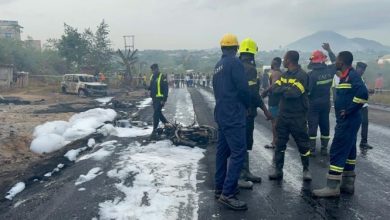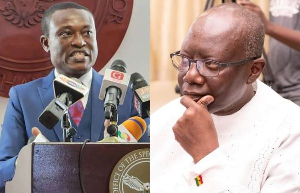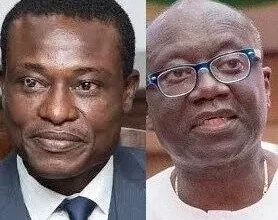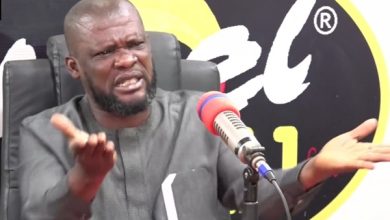Vice President Bawumia and Ya-Naa cut sod for $150 million SOCO projects in northern and Oti regions
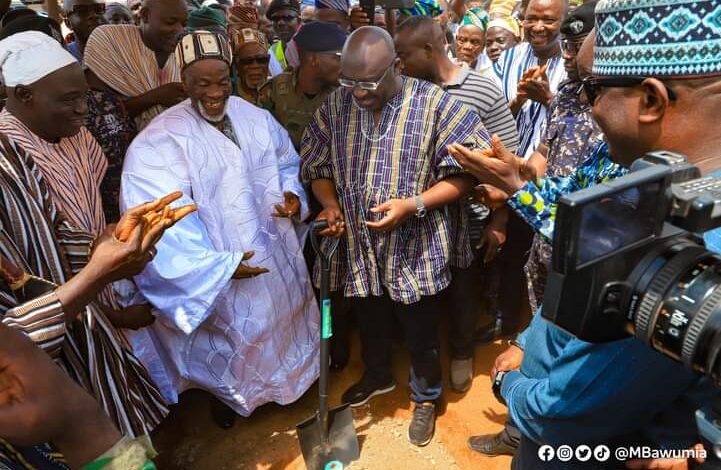
The Vice President, Dr Mahamudu Bawumia, has signaled the beginning of construction works on all the 582 projects under the Gulf of Guinea Northern Regions Social Cohesion (SOCO) with a symbolic sod cutting at a short but colourful ceremony at the palace of the Overlord of Dagbon, His Majesty Yaa Naa Abukari Mahama II.
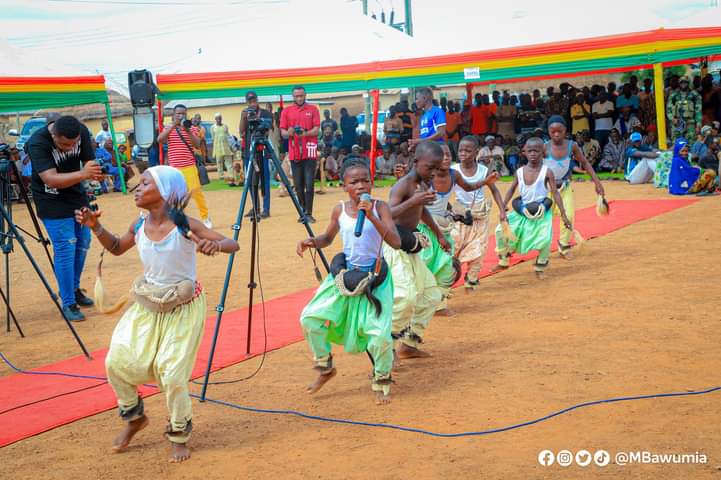
The SOCO Projects, which are being executed in 48 beneficiary Metropolitan, Municipal and District Assemblies (MMDAs) in six regions, predominantly in the northern part of Ghana, is an important and timely intervention aimed at addressing some key emerging and recurring challenges in the northern part of Ghana, according to experts.
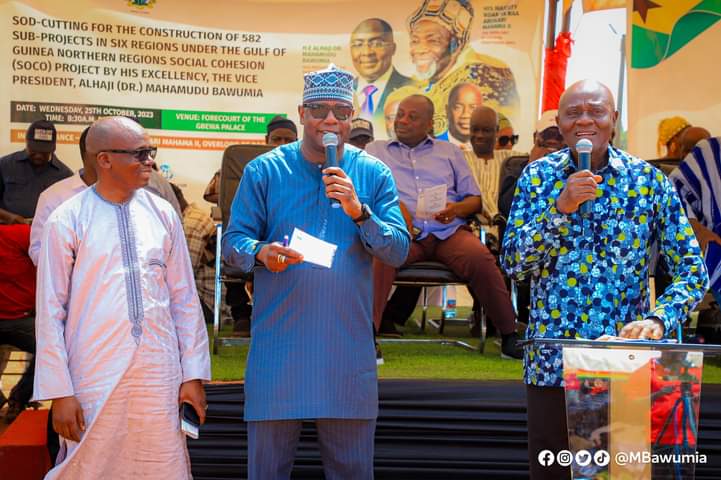
The beneficiary districts under the USD 150Million Credit Facility Project secured by the Government of Ghana from the World Bank include Northern – eight (8) District Assemblies; North East – six (6) District Assemblies; Upper East – all the fifteen (15) District Assemblies; Upper West – all the eleven (11) District Assemblies; Savannah – four (4) District Assemblies; and Oti – four (4) District Assemblies.
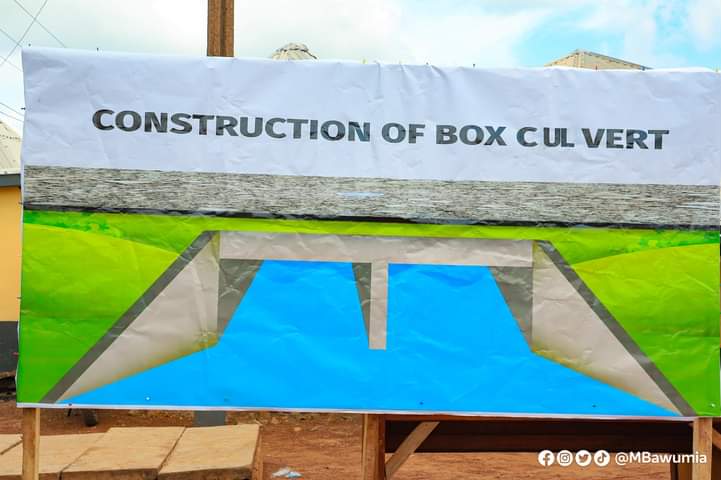
The SOCO Project, according to officials of the Ministry of Local Government, Decentralization and Rural Development has been conceived and designed to address the effects of the spill over of conflicts and extremism from the Sahel Region; reduce vulnerability because of exposure to the impacts of climate change; strengthen local institutions; improve economic opportunities and build public trust.
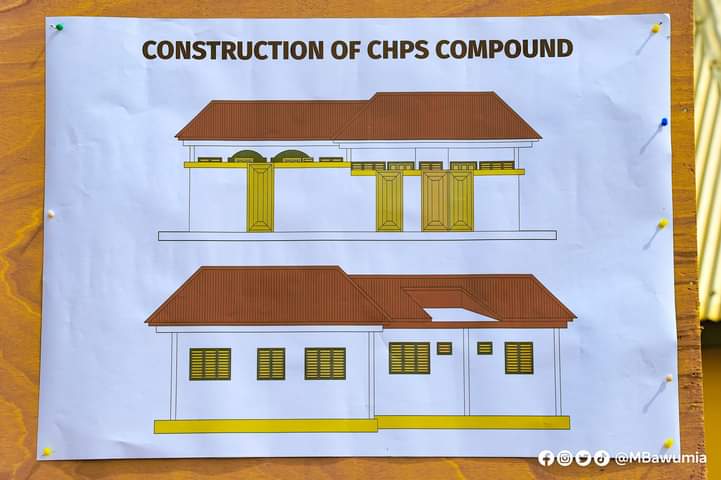
Speaking at the sod-cutting ceremony on Wednesday, October 25, 2023 Vice President Bawumia emphasized that Government is mindful of the growing human and other security threats in the Sahel Region arising from climate change and conflicts, and is taking appropriate measures to ensure it does not spread into the country by creating meaningful jobs and providing opportunities for economic, social and other means of improving lives.
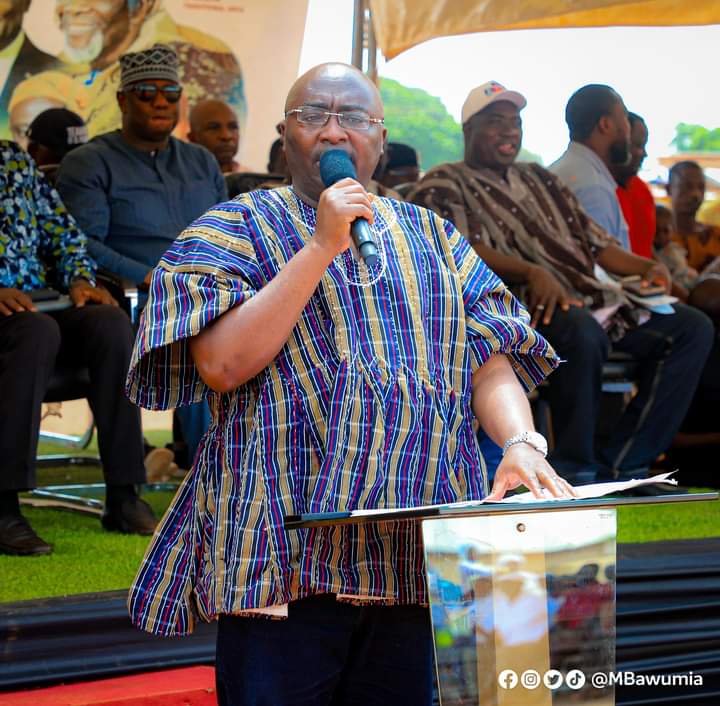
“In this regard, the SOCO Project focuses mostly on border communities in these Regions where the citizenry especially women and youth are exposed and susceptible to the threats of terrorism from the Sahel Region. Thus, the Project focuses on dealing with issues relating to Fragility, Conflicts and Violence (FCV).
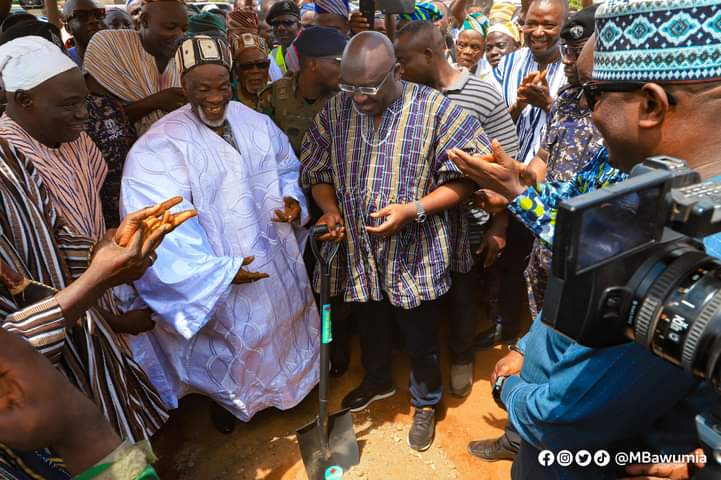
“Another issue of grave importance is the impact of climate change. Climate change poses a multiplier threat and compounds fragilities and conflict dynamics, particularly relating to access to natural resources. In Ghana, the livelihood of many in the northern part are invariably impacted by climatic conditions, as a greater proportion of the population is dependent on rain-fed agriculture, making it difficult for people to adapt and build resilience to changing conditions over time,” hence the need for the SOCO projects, he explained.
Phase I
In 2023 which is Phase I, the Project is expected to deliver socio-economic community-level climate-resilient infrastructure, skills development and training of the youth and women including the vulnerable. The projects include provision of water, construction of school buildings, health facilities, construction of Markets, earth dams and other critical Physical infrastructure.
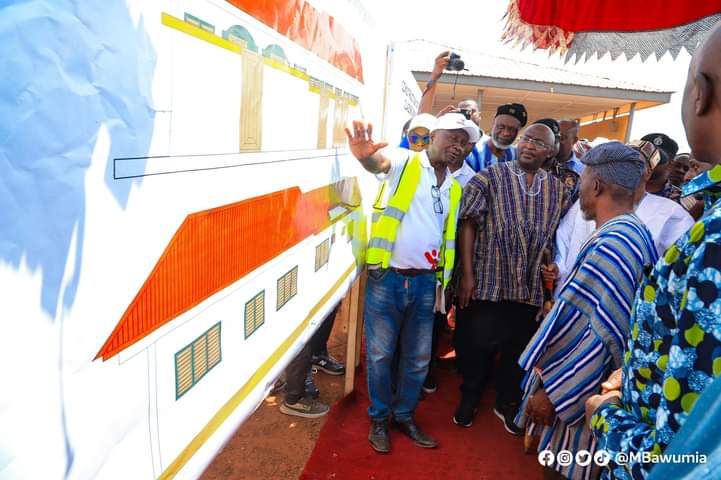
It has currently created jobs for 434 Community Facilitators (CFs) and other Specialists, and would also improve access to basic social and economic services, promote local economic development, gender equality, and improve environmental management when the projects are executed efficiently and effectively.
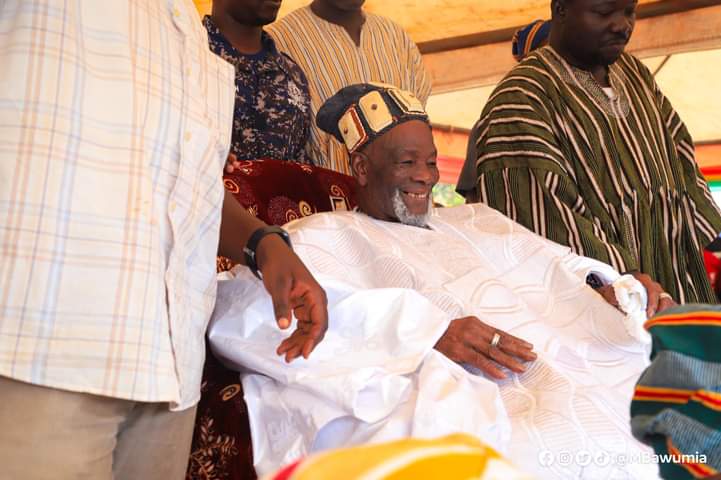
The beneficiary regions and districts have been carefully selected based on Vulnerability Index Criteria – exposure to security risk, climate vulnerability, poverty incidence and unemployment rate, according to officials of the Ministry, and Vice President Bawumia charged all implementing agencies, at both national and sub-national levels to remain committed to the implementation of this Project to achieve the desired goals.
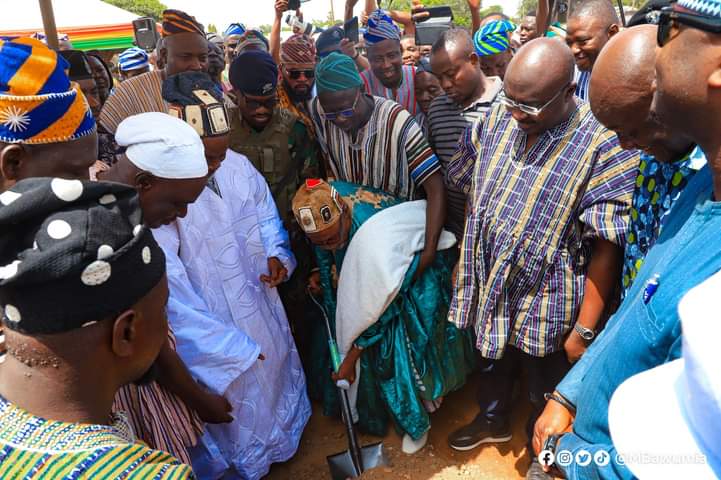
“I wish to emphasize that funds have been made available for the execution of all the subprojects, as earlier indicated by the Minister for Local Government, and I wish to caution all implementing agencies, both at the national and sub-national levels that implementation delays will not be tolerated. Indeed, we must ensure that the delivery of the project through the decentralized structures culminates in outcomes and impacts as contained in the Project Appraisal Document (PAD) and Project Implementation Manual (PIM).”
The Minister for Local Government, Decentralisation and Rural Development, Hon Daniel K Botwe, assured the Yaa Naa and other traditional leaders as well as residents of the communities in which such projects of his Ministry’s desire to work closely with them to ensure smooth implementation, adding, “Your Majesty, the contractors and agencies have been specifically tasked to give you and all other stakeholders regular briefings on the progress of work and to keep you properly informed of any developments.”
The MP for Yendi, Hon Farouk Aliu Mahama, thanked government for the SOCO project which, he emphasized, will bring “real development to the doorstep of the people, unlike in the past where we heard about developments in our communities but never saw them.”
Source: Ghana/otecfmghana.com/Michael Ofosu-Afriyie, Kumasi

